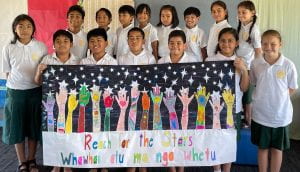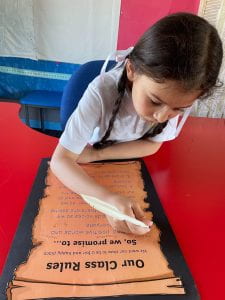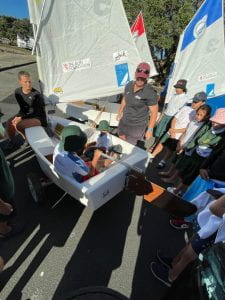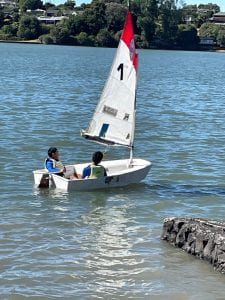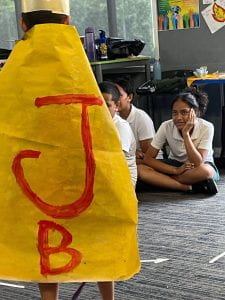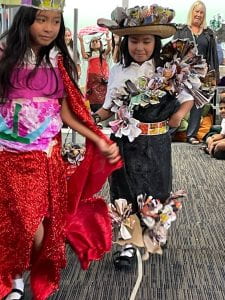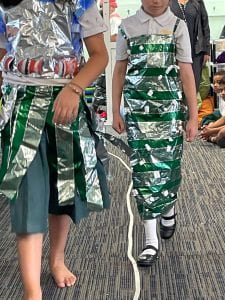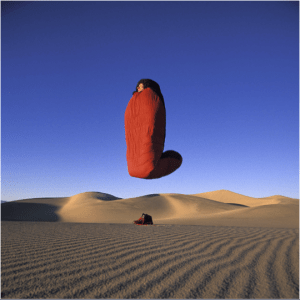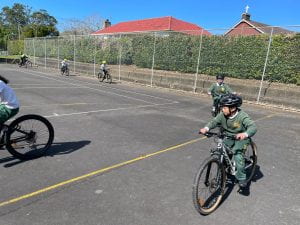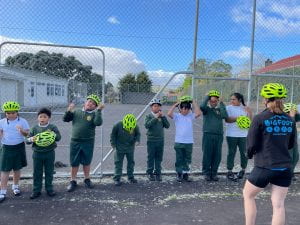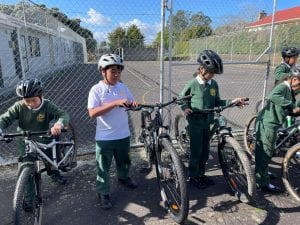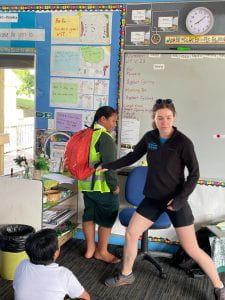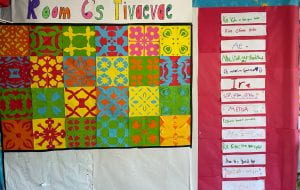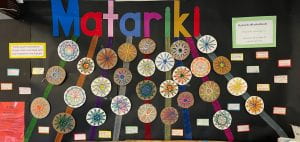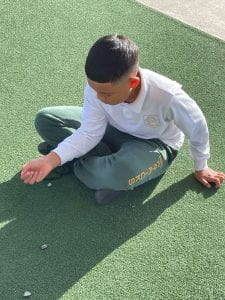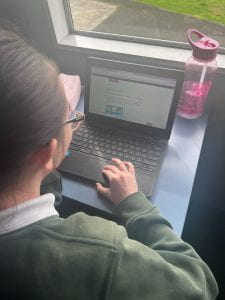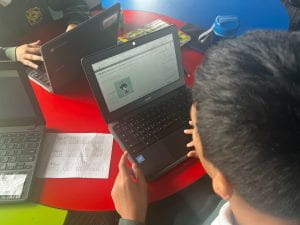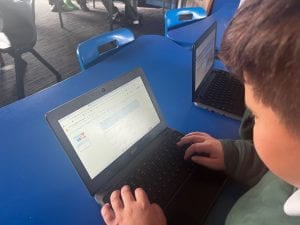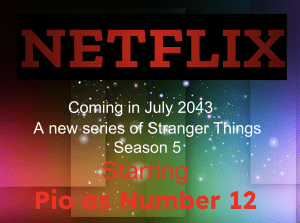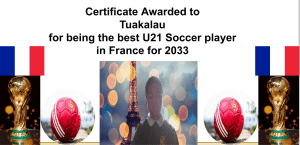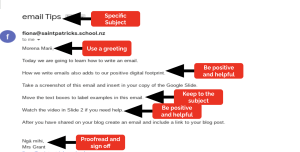Today is the last day of Term 2. We have been reflecting this term on ‘Friendships’ and what it means to be a true and loyal friend as well as what it should look like, sound like and feel like:


We also created some freeze frames on what ‘Friendship’ is NOT!


This theme of ‘friendship’ ties in with our processed Drama book, Fox by Margaret Wild. We are experiencing the close relationship between Dog (an Australian dingo) and an injured Magpie. We have painted some pictures about the ‘setting’ and what we think the bush fire and hot ash might look like. These form the back drop to our new space and we think they look pretty amazing:


Along with our paintings, we have written character observations of either Dog or Magpie as we met them in the story:
Description of Dog
I chose Dog because he has a good heart and a pure soul. I also feel bad for him because Magpie was so mean and rude to him. Dog was just trying to help her but Magpie was just thinking of herself by being mean and hurtful towards Dog. I understand that she was in pain but the way she spoke to Dog was not kind and not the way you say “thank you” to someone who saves your life. Being a dingo in Australia, Dog could have killed her and eaten her up but he took pity on Magpie and offered her a place to stay in his cave. He is a hero.
Nanda
Description of Magpie
I chose Magpie because I felt sorry that she was in agony because her wing was burnt. She seemed to be frustrated and very rude towards Dog who had just saved her life! She realises that without a wing, she can’t fly and then she is at the mercy of other animals that might want to eat her. She just wants to get away from life and Dog and be alone in the “shadow of the rocks” where she can “melt into the blackness.”
Kava
As we begin our holidays, we wish everyone a happy and restful holiday with our families.
